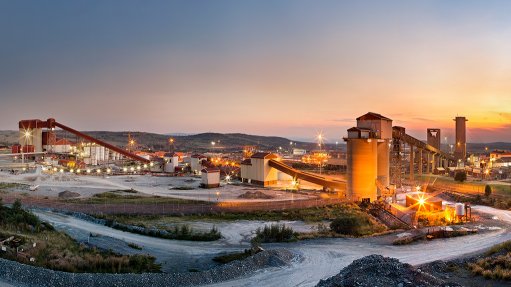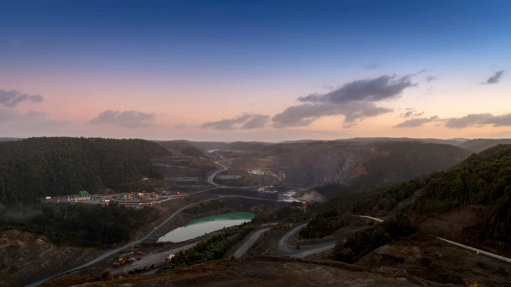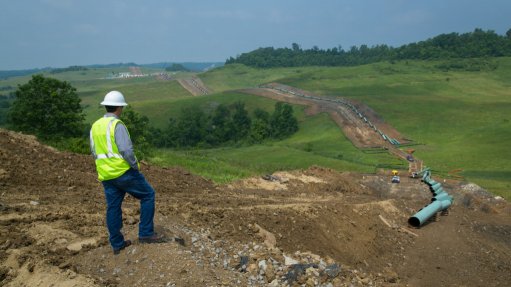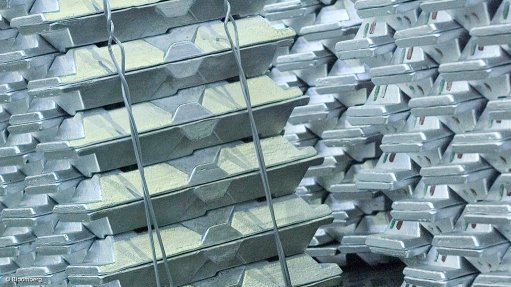Scrupulous project management deemed a must

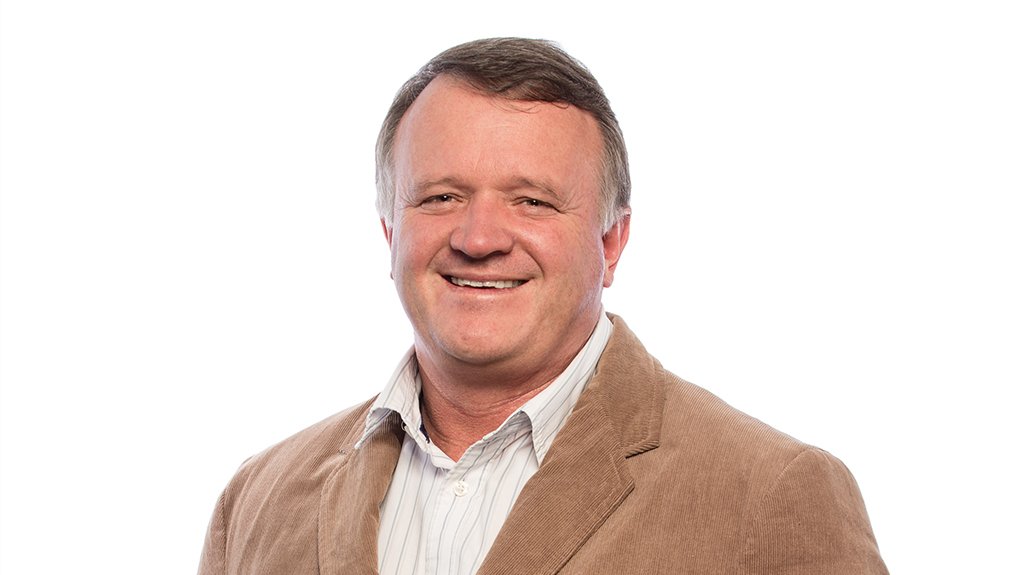
GIEL BEKKER Project managers must ask themselves what needs to be done, why it needs to be done and what the objectives to be met are
The most important aspect of project management – a proven management discipline that focuses efforts, engages stakeholders and provides a framework within which work is integrated and closely controlled – is to define the scope of work, says University of Pretoria project management professor Giel Bekker.
“Project managers must ask themselves what needs to be done, why it needs to be done and what the objectives to be met are, to accurately define the scope of work, thereby decreasing the risk of project interruptions.”
The scope of work is captured into a scope statement from which a work-breakdown structure is constructed. This is followed by the compilation of a schedule, budget, resource allocation, communication plan, procurement plan, risk plan, and quality plan, as well as a stakeholder analysis and plan, all integrated into a project plan.
The project plan serves as the “manual” and formal document that will guide and govern the implementation of the project.
Bekker states that, of late, one “monumental” component of project management is the circular economy, a relatively new concept that emphasises recycling and waste reduction in any mining activity.
“The circular economy includes sustainability, and more,” he says, adding that circularity should be addressed in mining projects when handling packaging material, water reuse and fuels and/or batteries for vehicles to allow for a reduction in pollution and emissions rates.
Further, over the past two decades, the definition of project life cycle has evolved.
Previously, a project life cycle was defined from initiation to handover, with planning, design and implementation in between.
Lately, a life cycle begins at conceptualisation and ends at final product decommissioning, mine demolition and site rehabilitation because mined-out sites are meant to be legally closed and properly rehabilitated, with closure certificates awarded by the relevant governmental departments.
Aside from integrating circularity and understanding the life cycle, in the project plan, another important component is the “project ecosystem”.
“In project management, the ecosystem involves the institutional support and functional setup of the mining project effort,” notes Bekker.
A functional ecosystem can be achieved by properly designing a project office, as well as proactively managing the setup and formalisation of project information systems, control mechanisms, policies and procedures, skills development, governance protocols and methodologies.
Further, as mining is a production-orientated environment, with the performance indicator being tonnes per hour, projects are the enablers of production activities, but they can also be the cause of production interruptions when modifications are required on site, especially during brownfield projects, adds Bekker.
The challenge is to synchronise production with project interruptions by limiting production losses and keeping projects on course. Three tiers of management can ease synchronisation, he adds.
The top tier constitutes the owner and/or financier of the project, who plays a governance role; the middle tier constitutes the project manager and functional specialists who are responsible for the daily management of activities and final project deliverables; the third tier comprises the support functions and stakeholders that are influenced by the project.
“All tiers play a fundamental role in reducing production losses.”
Further, Bekker states that planning and completing tasks by the set deadlines are critical to maintain a competitive advantage: “There is restricted time to plan on fixing mistakes or rework mining projects, necessitating the quest for working smarter.”
He says the Fourth Industrial Revolution (4IR) should enable “smarter” work, as it covers numerous aspects – such as automation, autonomous transport and artificial intelligence – all of which, when combined with “scrupulous” planning, reduce project interruptions.
“Thus far, no substantial impact of 4IR can be observed; however, small and incremental improvements in project productivity have been observed. These small changes culminate in meaningful improvement over a project’s life cycle,” Bekker concludes.
Comments
Press Office
Announcements
What's On
Subscribe to improve your user experience...
Option 1 (equivalent of R125 a month):
Receive a weekly copy of Creamer Media's Engineering News & Mining Weekly magazine
(print copy for those in South Africa and e-magazine for those outside of South Africa)
Receive daily email newsletters
Access to full search results
Access archive of magazine back copies
Access to Projects in Progress
Access to ONE Research Report of your choice in PDF format
Option 2 (equivalent of R375 a month):
All benefits from Option 1
PLUS
Access to Creamer Media's Research Channel Africa for ALL Research Reports, in PDF format, on various industrial and mining sectors
including Electricity; Water; Energy Transition; Hydrogen; Roads, Rail and Ports; Coal; Gold; Platinum; Battery Metals; etc.
Already a subscriber?
Forgotten your password?
Receive weekly copy of Creamer Media's Engineering News & Mining Weekly magazine (print copy for those in South Africa and e-magazine for those outside of South Africa)
➕
Recieve daily email newsletters
➕
Access to full search results
➕
Access archive of magazine back copies
➕
Access to Projects in Progress
➕
Access to ONE Research Report of your choice in PDF format
RESEARCH CHANNEL AFRICA
R4500 (equivalent of R375 a month)
SUBSCRIBEAll benefits from Option 1
➕
Access to Creamer Media's Research Channel Africa for ALL Research Reports on various industrial and mining sectors, in PDF format, including on:
Electricity
➕
Water
➕
Energy Transition
➕
Hydrogen
➕
Roads, Rail and Ports
➕
Coal
➕
Gold
➕
Platinum
➕
Battery Metals
➕
etc.
Receive all benefits from Option 1 or Option 2 delivered to numerous people at your company
➕
Multiple User names and Passwords for simultaneous log-ins
➕
Intranet integration access to all in your organisation







